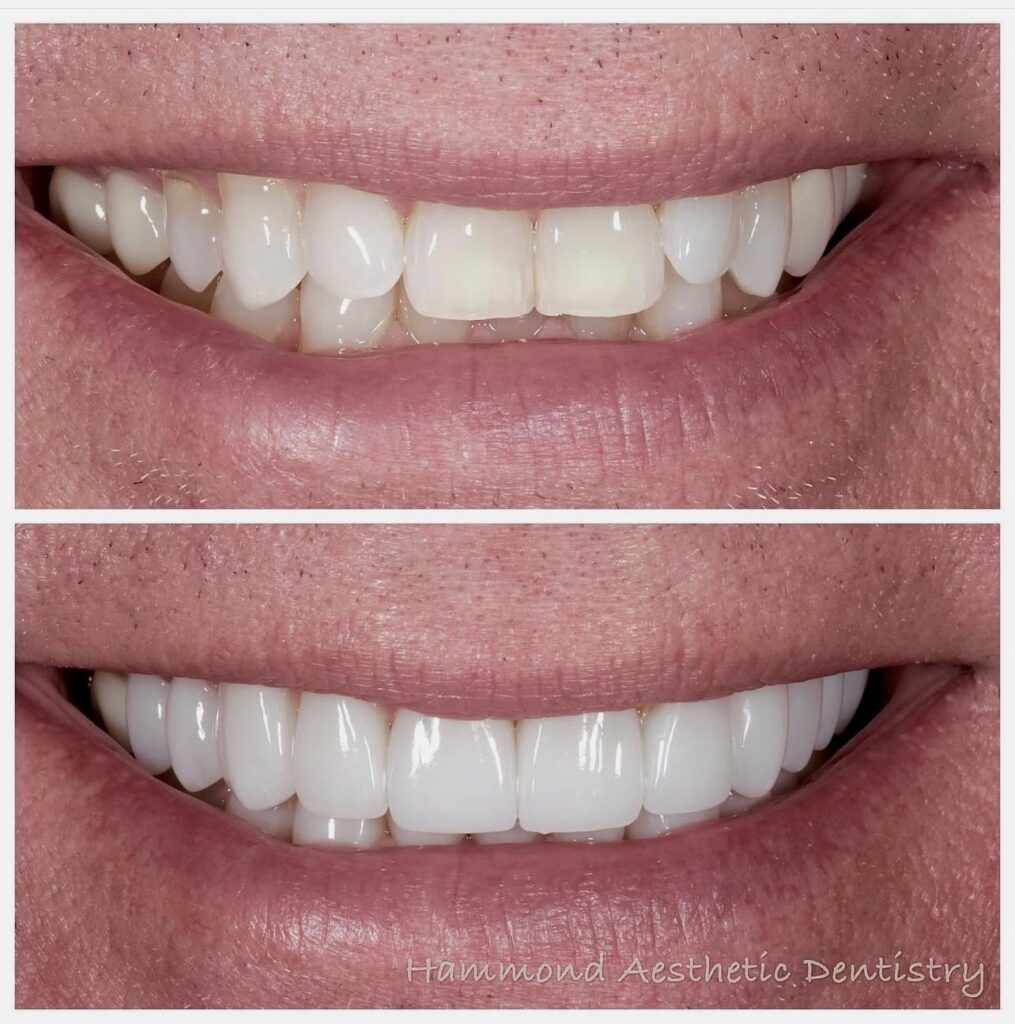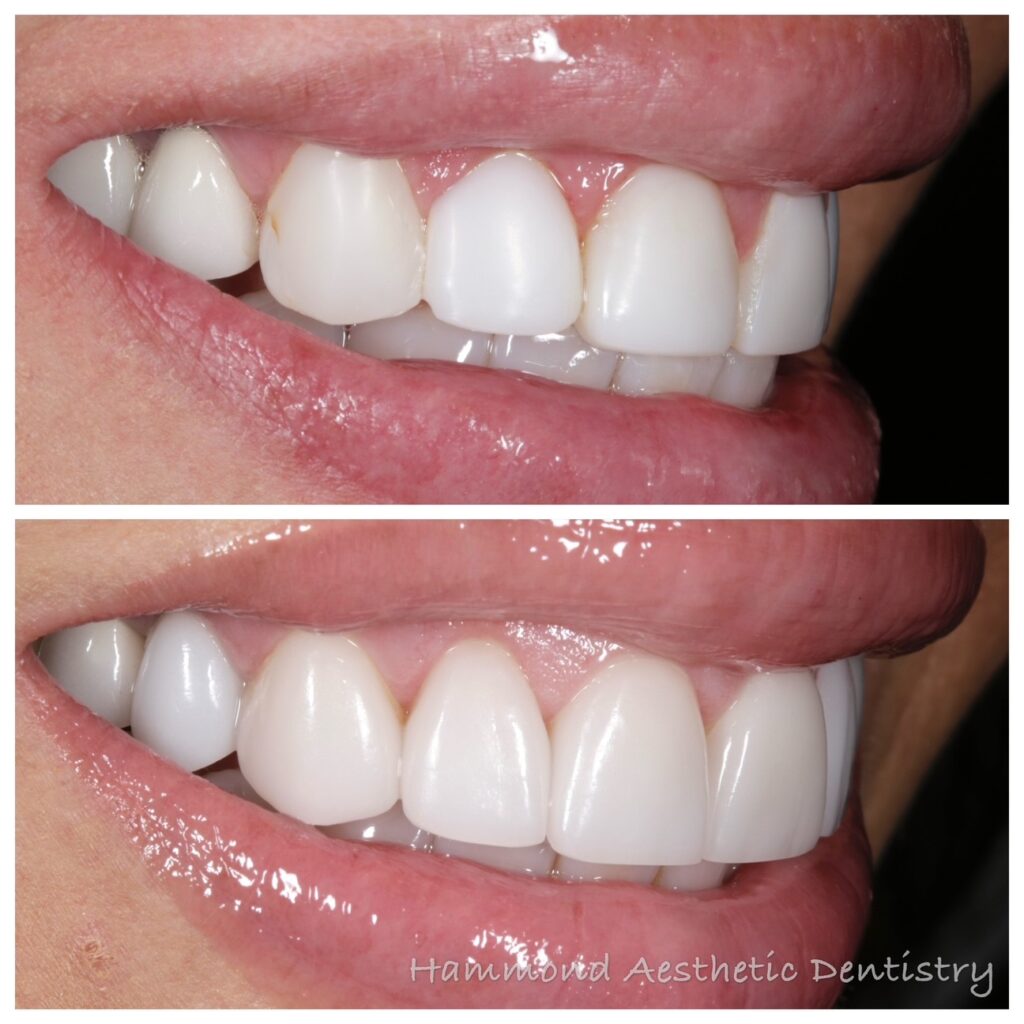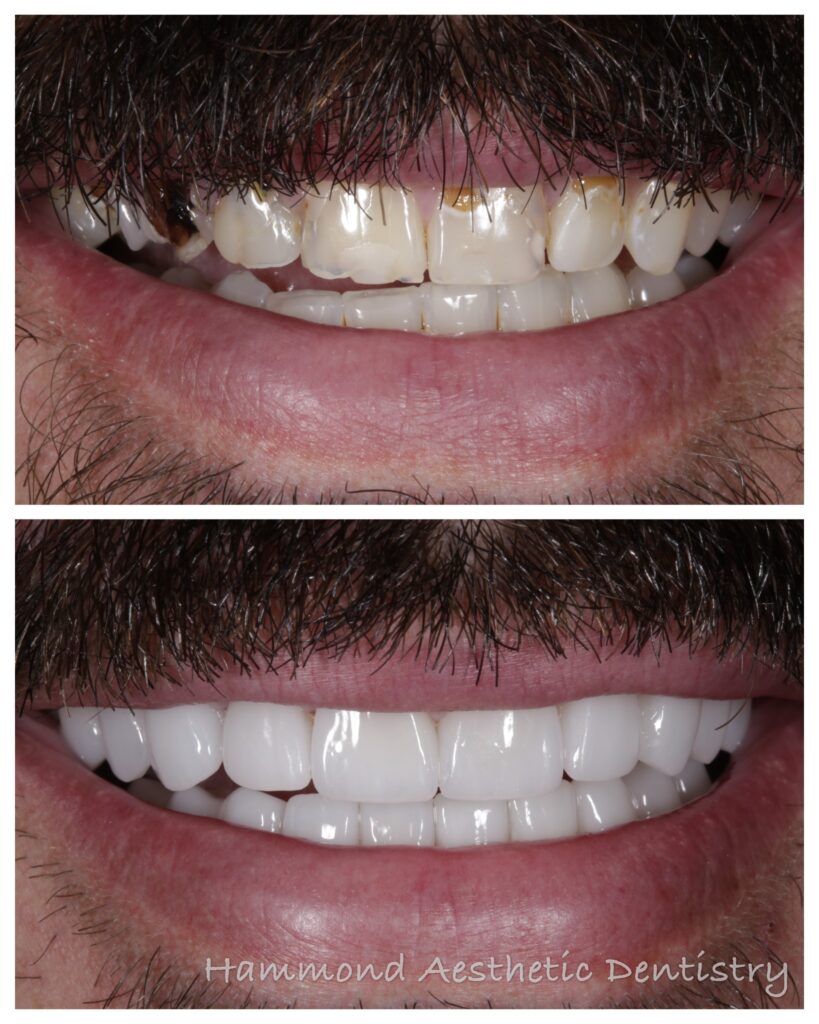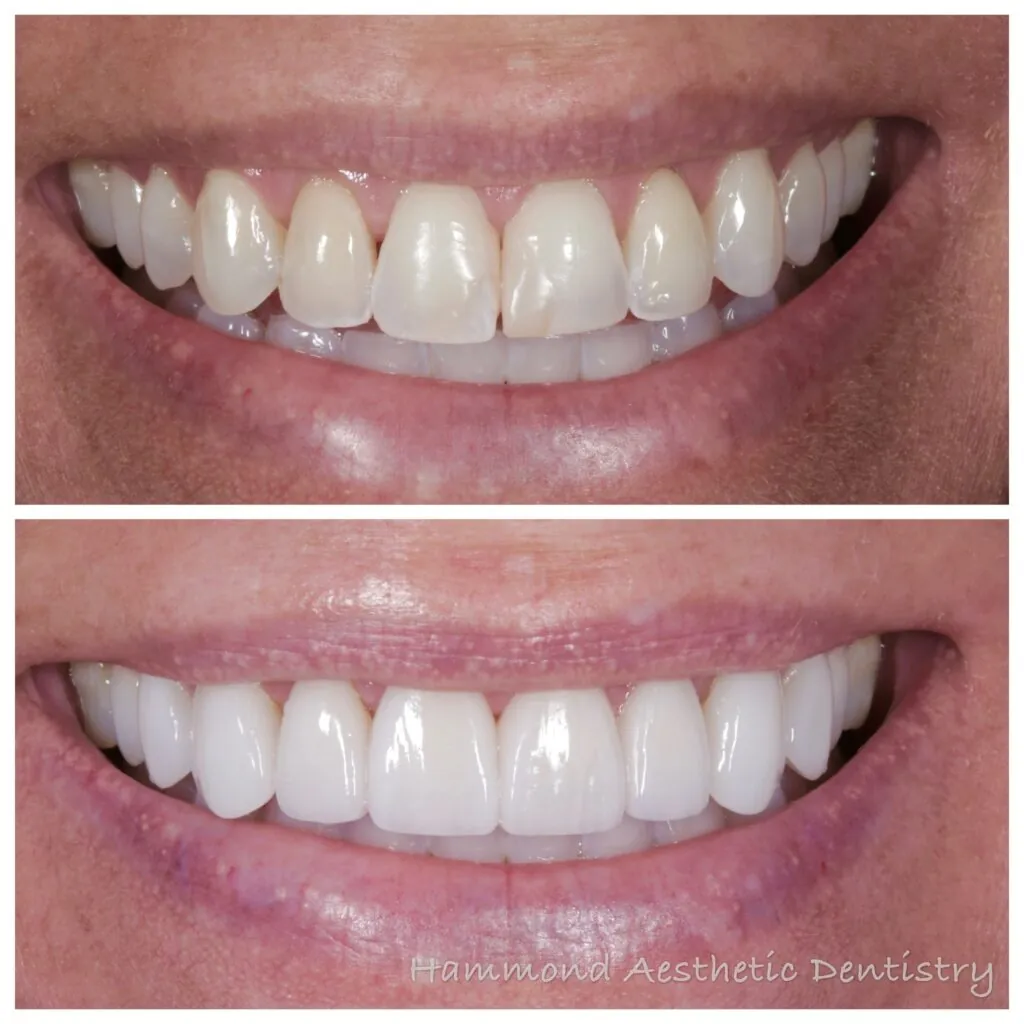Oral investigators offer big pay-offs
Cracking and soreness at the corners of the mouth are symptoms that usually lead people to the drugstore in search of a heavy lip balm, when they should be a few aisles away- scanning the vitamin shelves for a good Vitamin B complex with riboflavin.
Guzzling a chocolate shake after lunch is probably a lot better for your teeth than lingering over a cup of coffee with sugar all afternoon. Each time you sip that coffee with sugar it is metabolized into acid by the plaque that forms on your teeth and tongue.
These are just a few examples of how easily people can mis-diagnose the tell-tale signs of a vitamin deficiency or misunderstand the causes of dietary imbalances. And sometimes these carelessly made assumptions lead to serious health problems, according to a recent story in AGD Impact, the newsmagazine of the Academy of General Dentistry.
“In this fast-food, fast-paced society, people often compromise essential nutrients in their diet without even realizing it,” says Eric Shapira, DDS, MAGD. Dr. Shapira recommends taking extra vitamins, particularly after surgery to compensate for dietary deficiencies and aid in the healing process.
Your dentist may be the first health provider to detect potential health problems by recognizing classical nutritional deficiencies in the mouth. As evidence proving diet’s critical role in the association between major health problems and dietary imbalances and vitamin deficiencies grows, the road to better health and increased longevity more frequently begins at the dental office.
Dr. Shapira often finds signs and symptoms of nutrition-related disease patterns in the mouth that lead patients to life-saving treatments for bulimia, vascular disease and diabetes. He advises people to discuss their eating habits with their dentist to improve overall health. “Your dentist can be a good health care detective,” he says.





